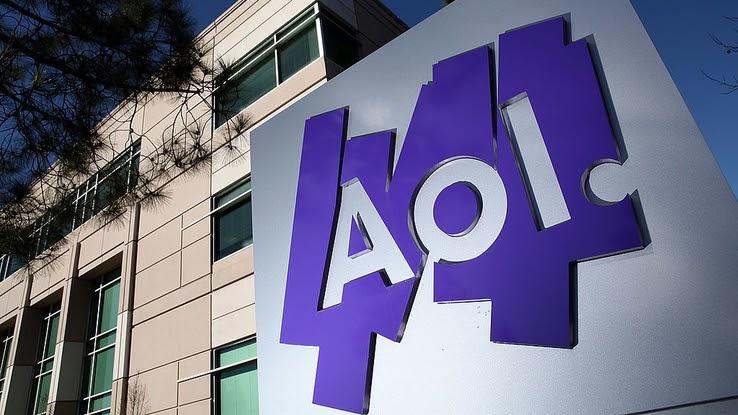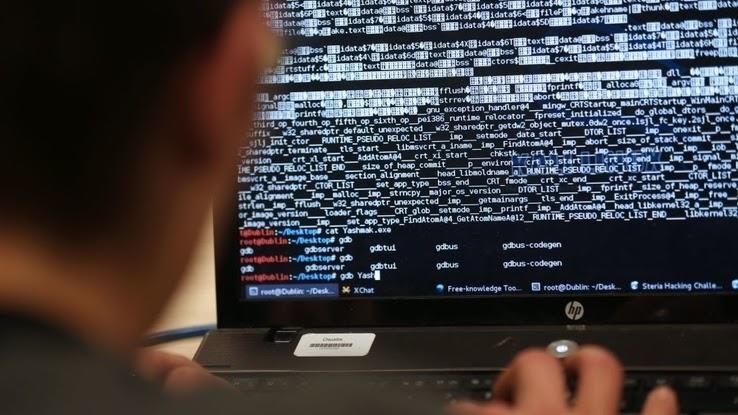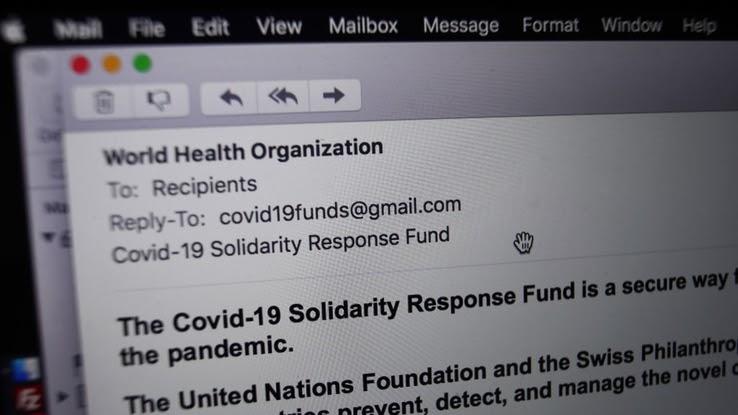Aol Mail Before We Continue Let s Reset Your Password

In the late 1990s and 2000s, America Online (later shortened to AOL) was everywhere. If you had an email account, the odds were good that it was an AOL account, while AOL Instant Messenger helped people stay in touch before messaging platforms like Facebook, Slack and Discord even existed.
AOL's dominance over internet services didn't last long after the turn of the millennium. Nonetheless, after years or decades of using AOL mail services, many people want to hold onto their old email addresses. With mass hackings and new email competitors arising in the last few years, however, you may wonder if it's truly safe to use AOL Mail. While the short answer is that many people do continue to use AOL Mail safely, there are some things you should know before deciding whether or not to keep your account.
What Are the Risks?
Hackers can potentially access any and all information you send or receive through your email account, and they can use that information for everything from credit card fraud to blackmail. Because your email address is often used for creating other web accounts, it's possible for a hack to result in a stranger being able to manipulate your social media profiles or even lock you out of them.

The most notable examples of a free email service getting hacked were probably two Yahoo! security breaches that were announced in 2016 but occurred in 2013 and 2014. However, such security breaches have become increasingly common over time, with AOL having a hack of its own in 2014. In fact, any email provider can be hacked, even those with a strong reputation for security, such as Google's Gmail.
While hacking may seem scary, your information is more likely to be stolen not by a stranger on a computer manipulating code, but rather by accidentally giving it away yourself in response to something called phishing. The practice of phishing refers to the creation of fake emails designed to look like they come from a trusted organization or a contact of the victim. When a person goes to interact with the fake email — for instance, by clicking on a link or downloading an attachment — they may end up unintentionally giving away their personal information or installing a virus onto their computer.

Phishing is much easier to pull off than trying to get around a major tech company's cybersecurity. On top of that, many larger hacks, such as the 2014 AOL security breach, were committed with the goal of gaining personal information and security credentials that could in turn be used for creating more convincing phishing attempts. While AOL Mail isn't significantly more vulnerable to hacks than rival email providers, it's just as at risk to phishing attempts, since ultimately, the only way to fully defend against them is for users to know what to look out for.
How Can I Secure My Email Account?
If you're worried about your AOL Mail account's security, there are a few things you can do. A long, regularly changed password made with a mix of numbers, letters and symbols can keep out hackers who might try to use your social media information or a list of commonly used passwords (such as "password" or "12345") to guess your password.

You should also keep your recovery information, including a password and email address, up to date. This is particularly important for two-step verification, one of the best ways of securing your account. While other people can possibly guess or research the answer to your security question, two-step verification instead sends an email or text message to an email account or phone number when someone tries to log into your account. Unless the person can repeat the randomly generated code sent in the message, they can't get into your account.
Other steps you can take to keep your AOL Mail account safe include signing out of public computers, only installing trusted software, checking your login activity for unusual behavior, deleting old security questions and carefully scrutinizing web links and downloads before clicking on them. Remember, if anything seems unusual, even if it's from a trusted contact or organization, you shouldn't click on it.
Source: https://www.questionsanswered.net/tech/safe-to-keep-using-aol-mail?utm_content=params%3Ao%3D740012%26ad%3DdirN%26qo%3DserpIndex&ueid=c1ed1c13-da0c-4448-9ce6-f99e26c43a3a